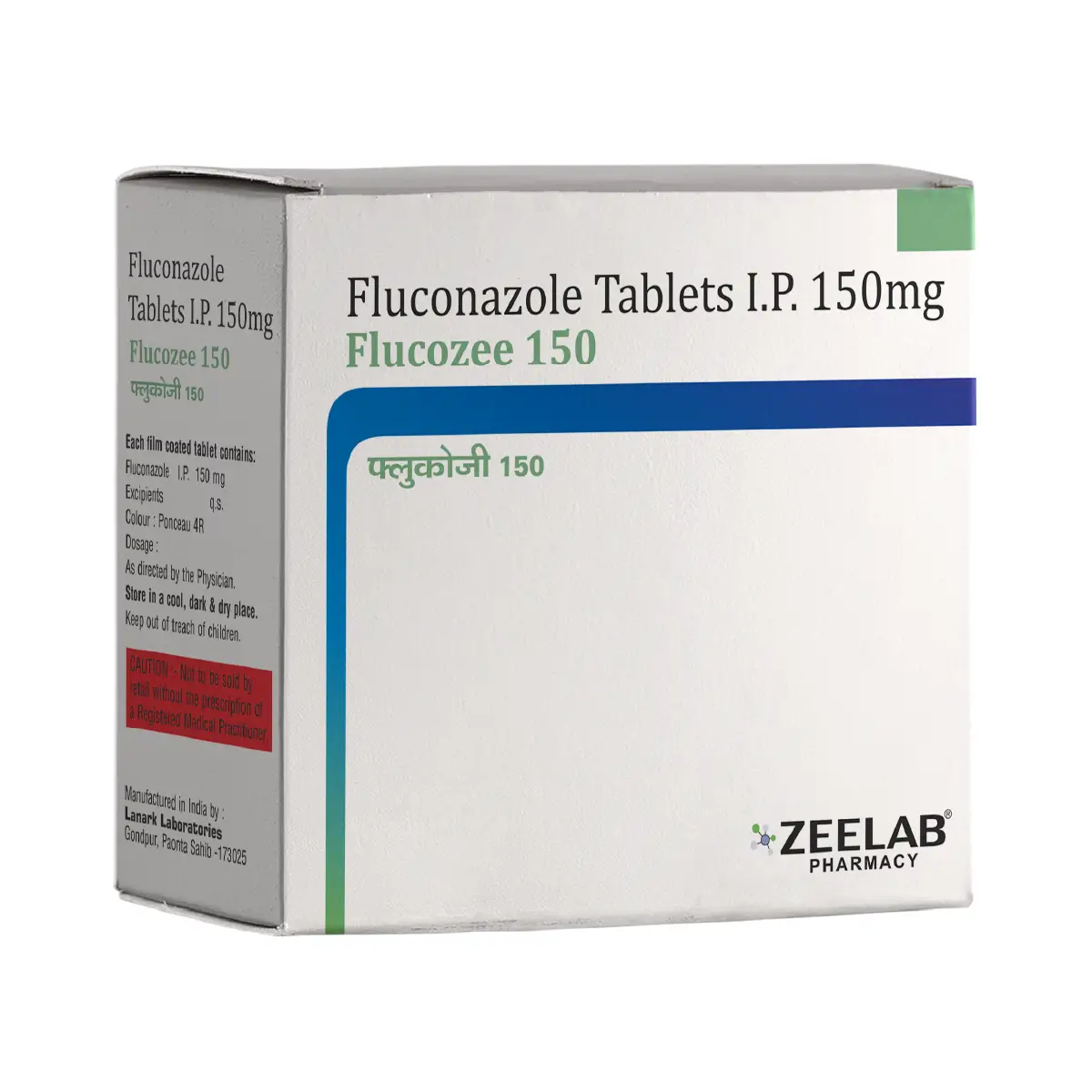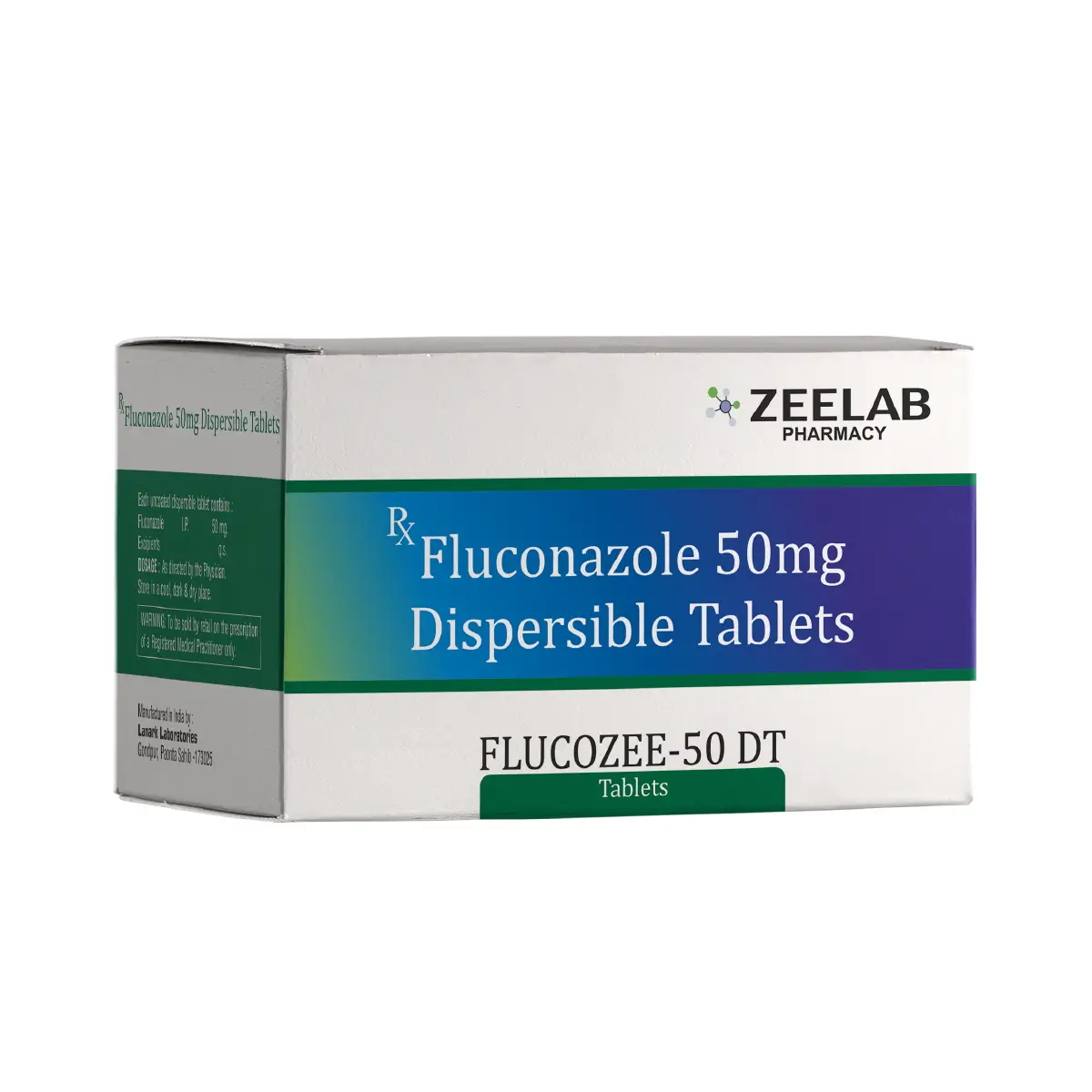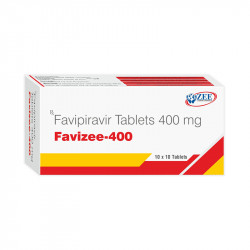Fluconazole
Introduction
Fluconazole is an antifungal medication commonly prescribed to treat a variety of fungal infections. It is effective against infections caused by fungi such as yeast infections, thrush, and fungal infections in the blood, lungs, and other parts of the body. Fluconazole works by inhibiting the growth of fungi, making it a crucial treatment option for individuals suffering from fungal infections. It is available in oral and intravenous forms, offering flexibility for different types of infections.
Available Medicine for Fluconazole
Uses of Fluconazole
- Used to treat vaginal yeast infections caused by Candida.
- Helps manage oral thrush and esophageal candidiasis.
- Treats fungal infections in the blood, lungs, and other internal organs.
- Prescribed for preventing fungal infections in patients with weakened immune systems, such as those undergoing chemotherapy or organ transplants.
How Fluconazole Works
Fluconazole works by inhibiting the synthesis of ergosterol, an essential component of fungal cell membranes. Without ergosterol, the fungal cell membrane becomes weakened, causing the cell to die. This disruption in fungal cell structure helps control and eliminate the infection from the body.
Benefits of Fluconazole
- Provides fast and effective relief from fungal infections, reducing symptoms such as itching, redness, and discomfort.
- Prevents the recurrence of yeast infections in individuals with frequent occurrences.
- Can be used as a preventive treatment in immunocompromised patients, reducing the risk of serious fungal infections.
- Available in various forms (oral and intravenous), offering flexibility in administration depending on the severity of the infection.
How to Take Fluconazole
Fluconazole is typically taken as a tablet or liquid form once a day, depending on the condition being treated. For certain infections, a single dose may be sufficient, while others may require a longer course of treatment. It is important to follow your doctor`s instructions regarding dosage and the duration of treatment to ensure the best results. Always take Fluconazole with or without food, as directed by your healthcare provider.
Side Effects of Fluconazole
- Common side effects include nausea, headache, and stomach upset.
- May cause dizziness or drowsiness in some individuals.
- Serious side effects include liver damage, signs of which may include yellowing of the skin or eyes, dark urine, or severe stomach pain.
- Allergic reactions such as rash, swelling, or difficulty breathing may occur in rare cases.
Safety Advice
- Do not take Fluconazole if you are allergic to it or other antifungal medications.
- Inform your doctor if you have a history of liver disease or kidney problems before taking Fluconazole.
- Fluconazole should be used with caution in pregnant or breastfeeding women. Always consult your doctor before use.
- Avoid alcohol while taking Fluconazole, as it may increase the risk of side effects.
Frequently Asked Questions (FAQs)
Q: What infections can Fluconazole treat?
A: Fluconazole is used to treat fungal infections such as vaginal yeast infections, oral thrush, esophageal candidiasis, and systemic fungal infections.
Q: How long does it take for Fluconazole to work?
A: Fluconazole typically starts working within a few hours to a few days, with noticeable relief from symptoms often occurring within a few days of treatment.
Q: Can Fluconazole be taken with other medications?
A: Fluconazole may interact with other medications, including blood thinners and certain anti-seizure drugs. Consult your doctor before taking Fluconazole with other medications.
Q: Is Fluconazole safe for pregnant women?
A: Fluconazole should only be used during pregnancy if the potential benefits outweigh the risks. Always consult your doctor before using Fluconazole if you are pregnant.
Q: Can I drink alcohol while taking Fluconazole?
A: It is advisable to avoid alcohol while taking Fluconazole, as it may increase the risk of side effects such as liver damage.
Related Salt
Disclaimer : Zeelab Pharmacy provides health information for knowledge only. Do not self-medicate. Always consult a qualified doctor before starting, stopping, or changing any medicine or treatment.
Download India's most affordable pharmacy app
- Compare with medicine prices
- Save upto 90% on your medicine bills

Temperature Controlled storage and delivery

Regular Sanitization

Disinfected Packaging

















 Added!
Added!